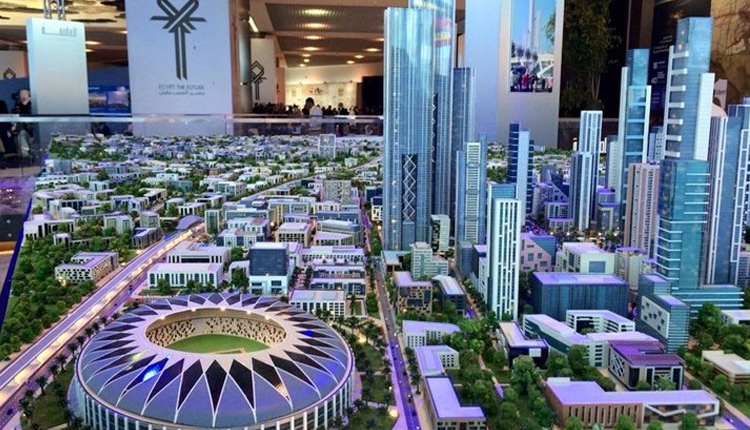Egypt’s government is set to start an evaluation process for state employees ahead for their transfer to the country’s New Administrative Capital in June 2020.
In press statements during an executive meeting of the Arab Administrative Development Organisation, Planning Minister Hala El-Saeed said on Wednesday that the evaluations would start in the upcoming 15 days.
According to El-Saeed, not all 5 million state employees will be qualified for the transfer; however, the minister did not give an estimate as to how many will be transferred.
El-Saeed said that the country’s National Academy for Youth Training and Rehabilitation will train employees and assess them to ensure good calibres to help achieve sustainable development goals through an effective and competent administrative apparatus.
Egypt’s state apparatus has long been accused of ineptness in carrying out duties; leading the country to take major steps to remedy incompetence and bureaucracy following the move to the new capital.
Earlier this year, the planning ministry announced that those selected for the transfer were undergoing training and aptitude tests, with the criteria including proficiency in Arabic, a foreign language, and computer skills.
The ministry has previously set a number of 50,000 employees to be reassigned to the new capital in 2020.
In 2015, Egypt started construction on the New Administrative Capital 45km east of Cairo as part of the government’s plan to reduce pressure on an overpopulated 20-million strong capital, expand urban areas and develop the infrastructure of the 104 million nation.
The New Administrative Capital, which is being built over 714 square kilometres by tens of thousands of workers, will be home to a government housing district, 29 ministries and other state institutions – including the cabinet and parliament buildings – and 20 residential neighbourhoods that can accommodate 6.5 million people.
source: Ahram online
